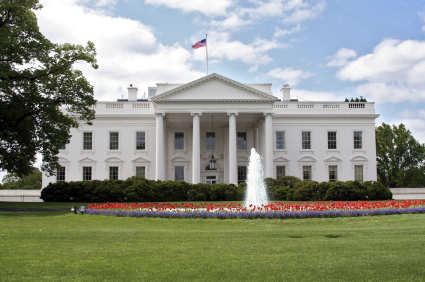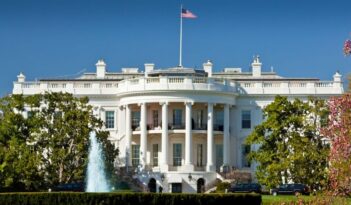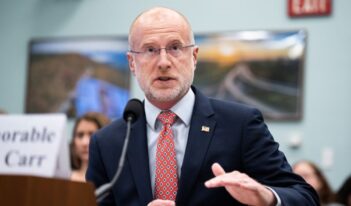
Executive order contains strongly worded regulatory reform guidelines.
In a notable display of authority over independent regulatory agencies, President Obama issued an executive order yesterday informing such agencies that they “should” follow certain executive guidelines in order to make “wise” regulatory decisions.
The executive order directs these agencies to promote presidential goals in their policy making, increase public participation in their decision making, retrospectively analyze existing rules, and release their analyses of these rules online.
The order states that “independent regulatory agencies, no less than executive agencies, should promote” a regulatory system that protects “public health, welfare, safety, and our environment while promoting economic growth, innovation, competitiveness, and job creation.” In an order issued earlier this year – Executive Order 13,563 – President Obama had previously directed only executive agencies to make regulatory decisions with these goals in mind.
The independent agencies covered by yesterday’s order include the Federal Reserve, the Federal Communications Commission, the Federal Deposit Insurance Corporation, the Federal Trade Commission (FTC), and the Securities and Exchange Commission, among others.
Yesterday’s order also instructs that, “within 120 days of this order, each independent regulatory agency should develop and release to the public a plan” to periodically review and analyze its existing significant regulations. By contrast, Executive Order 13,563 directed that executive agencies “shall” develop and share similar plans with the public, like one recently released by the Environmental Protection Agency.
Although the verb “should” in yesterday’s order is not as strong as the earlier order’s “shall,” this word choice reflects what Penn Law Professor Cary Coglianese has described as a continuing trend of presidential assertion of authority. “Independent agencies make crucial policy decisions,” he said. “It is understandable that President Obama – indeed any president – would want to tell them what they should do.”
Coglianese has observed that previous presidents, however, have selected more deferential language in executive orders directed at independent regulatory agencies, using words such as “ask,” “encourage,” and “request” rather than the more directive verb, “should.”
Differing from President Obama’s earlier order only in the use of the term “should” instead of “shall,” yesterday’s order also states that regulatory agencies “should consider how best to promote retrospective analyses of rules” in order to decide whether to streamline or repeal them. These analyses and supporting data and evaluations furthermore “should be released online whenever possible.”
The new order does include a caveat that its directions should not be construed to “impair” or “affect” the authority delegated by Congress to any agency. And in a separate memorandum, also issued yesterday, President Obama stated that he is simply “asking” for independent agencies’ cooperation.
Initial reactions from independent agencies have been supportive. FTC Chair Jon Leibowitz issued a statement giving President Obama “enormous credit” for ensuring that all agencies periodically review their rules to maintain what he termed “good government.” The chairs of the Federal Communication Commission and the Federal Energy Regulatory Commission have both stated that they “welcome” President Obama’s order.



